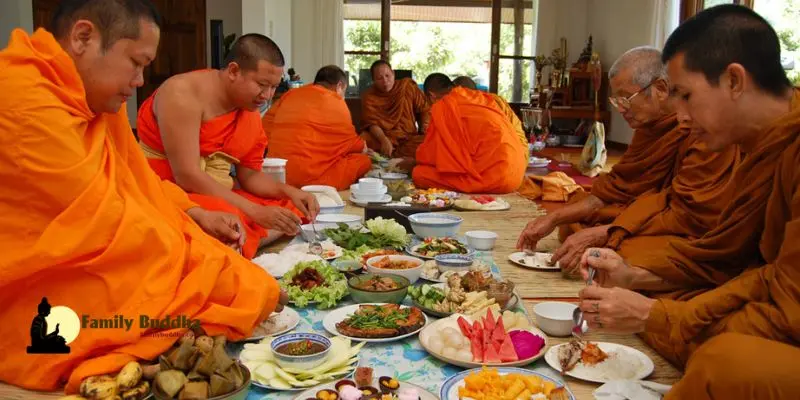Have you ever felt a calling to serve others through the lens of compassion and wisdom? Like a lotus blossom rising from muddy waters, Buddhist chaplaincy offers a unique path to bring solace and understanding to those navigating life’s complexities. This journey, rooted in ancient Buddhist teachings, is both personally transformative and deeply rewarding.
Understanding Buddhist Chaplaincy
What is Buddhist Chaplaincy?
Buddhist chaplaincy, simply put, is about bringing the compassionate heart of Buddhist teachings to those in need. Imagine a calm presence amidst the chaos of a hospital room, offering solace and support to a patient and their family. This is just one example of where you might find a Buddhist chaplain.
Who are Buddhist Chaplains?
Buddhist chaplains are trained professionals, often ordained or deeply immersed in Buddhist practice, who offer spiritual care and guidance in a variety of settings. They are like skilled gardeners, tending to the spiritual needs of individuals from diverse backgrounds, beliefs, and walks of life.
Stepping onto the Path: Buddhist Chaplaincy Training
Key Components of Buddhist Chaplaincy Training Programs
Embarking on the path of Buddhist chaplaincy is a profound commitment to personal and spiritual growth. Training programs, like carefully constructed mandalas, combine:
- Deepening Buddhist Knowledge: Just as a sturdy foundation is essential for a tall building, a strong understanding of Buddhist philosophy, psychology, and meditation practices is paramount.
- Cultivating Compassionate Communication: Learning to listen with an open heart, speak with kindness, and respond with wisdom are essential skills for any aspiring chaplain.
- Developing Ethical and Pastoral Skills: Navigating complex situations, upholding confidentiality, and providing spiritual care with sensitivity and respect are crucial aspects of chaplaincy training.
Finding the Right Program: Nurturing Your Aspiration
Choosing the right Buddhist Chaplaincy Training program is like selecting the perfect soil for a seed to flourish. Important factors to consider include:
- Accreditation and Reputation: Ensure the program aligns with recognized standards and has a strong reputation within the Buddhist community.
- Curriculum and Faculty: Explore the curriculum’s depth and breadth. Experienced and compassionate teachers are invaluable guides on this path.
- Practicum Opportunities: Hands-on experience in real-world settings is essential for integrating knowledge and developing practical skills.









